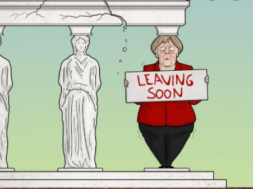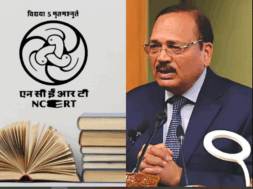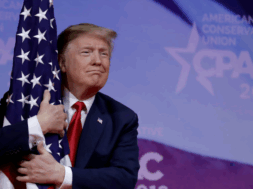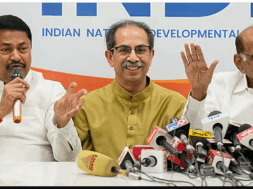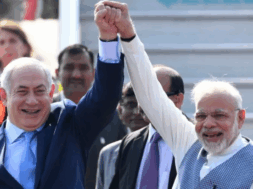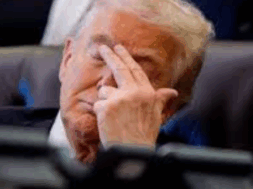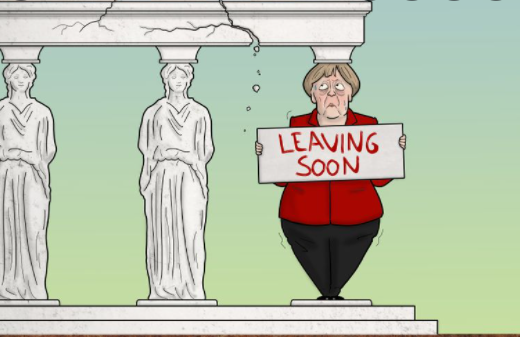
Roving Periscope: post-Merkel Germany may sail on choppy waters
Virendra Pandit
New Delhi: As Germany’s Iron lady Angela Merkel hangs her boots after an eventful 16-year-long Chancellorship, Europe’s largest economy (USD 4.3 trillion) may be entering a phase of uncertainty amid new geopolitical challenges facing the Continent.
In the just-concluded elections, Germany’s Social Democrats narrowly won Sunday’s national poll and claimed a “clear mandate” to lead a government for the first time since 2005, ending 16 years of conservative-led rule under Merkel, media reported on Monday.
The center-left Social Democrats (SPD) won nearly 26 percent of the vote, ahead of 24.5 percent for Merkel’s CDU/CSU conservative bloc, but both groups believe they could lead the next government.
None of the two major blocs now commands a majority in parliament, and both are reluctant to repeat their awkward “grand coalition” of the past four years. The most likely outcome of the election results may be a tripartite alliance led by either the Social Democrats or Merkel’s Christian Democrats.
Moreover, a new coalition may take a few months to materialize and might also involve the smaller Greens, and liberal Free Democrats (FDP).
“We are ahead in all the surveys now,” Olaf Scholz, the Social Democrats’ chancellorship hopeful, said after the poll result.
“It is an encouraging message and a clear mandate to make sure that we get a good, pragmatic government for Germany,” he added. The SPD’s rise marks a remarkable comeback for the party.
If elected to lead Germany, Scholz, 63, would be the fourth post-War SPD chancellor after Willy Brandt, Helmut Schmidt, and Gerhard Schroeder. He had also served as Finance minister in Merkel’s cabinet and is a former mayor of Hamburg.
But his conservative rival, Armin Laschet, hinted that his bloc was not ready yet to concede.
“It hasn’t always been the first-placed party that provided the chancellor,” Laschet, 60, said. Meaning, the single largest party may not necessarily form the government.
“I want a government where every partner is involved, where everyone is visible – not one where only the chancellor gets to shine,” he said, trying to woo smaller parties.
Helmut Schmidt had ruled Germany in the late 1970s and early 1980s in coalition with the FDP even though his Social Democrats had fewer parliamentary seats than the conservative bloc.
For the next couple of months, however, Germany is likely to see political uncertainty. Both Scholz and Laschet have said they would aim to strike a coalition deal before Christmas.
Angela Merkel, who plans to retire soon, has stood like a colossus on the European stage since taking office in 2005. In fact, she has outlasted George W. Bush in the US, Jacques Chirac in France, and Tony Blair in Britain.
Her successor will have to contend with the new geopolitical realities that have surfaced in the wake of the pandemic, with China being the biggest challenge to Europe.
This at a time when a row between Washington and Paris over a deal for Australia to buy nuclear-powered submarines from the US, instead of diesel-electric powered ones from France, has put Germany in an awkward spot between the allies. But it has also given Berlin the chance to help heal relations between the US and Franc, and rethink their common stance on China.
Britain has already exited the European Union. On economic policy, French President Emmanuel Macron is eager to forge a common European fiscal policy, which the Greens support but the CDU/CSU and FDP reject.
Whatever coalition ends up in power, Germany’s friends can at least take heart that moderate centrism has prevailed, and the populism that has taken hold in other European countries failed to breakthrough.
